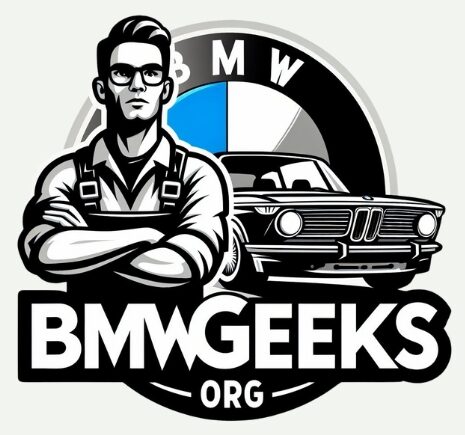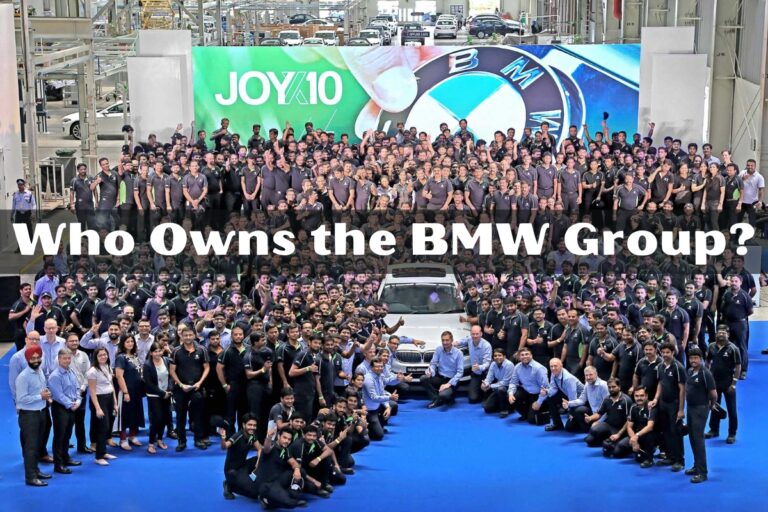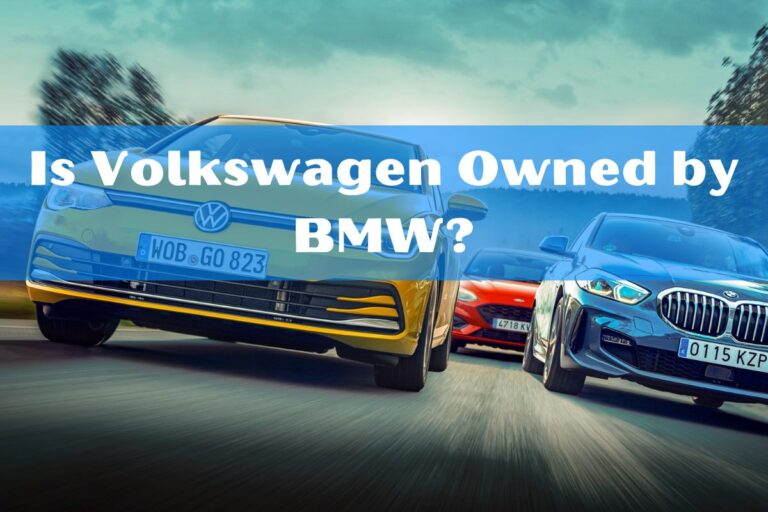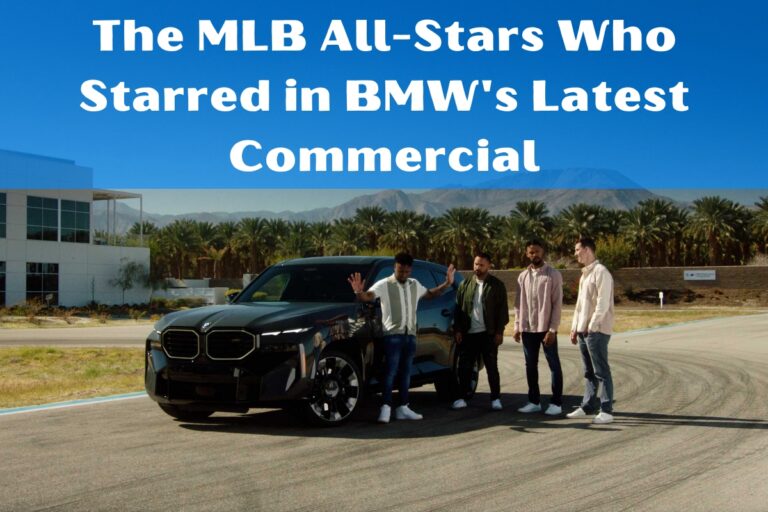When Did BMW Buy MINI? The Story Behind the Acquisition
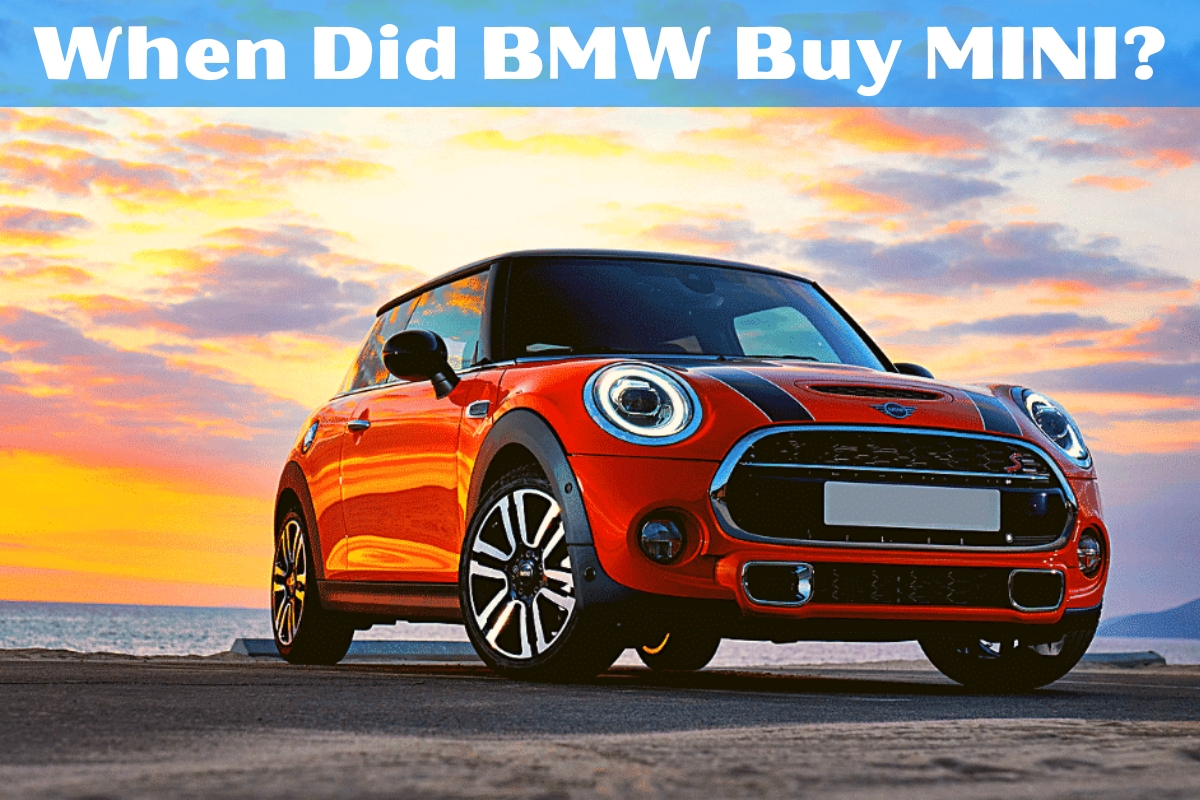
The MINI is an automotive icon that has captured the hearts of enthusiasts worldwide with its unique blend of style, performance, and fun-to-drive charm. But when exactly did the German automaker BMW acquire this quintessentially British brand? In this comprehensive guide, we’ll dive deep into the history behind BMW’s acquisition of MINI, exploring the origins of the classic Mini, its revival under BMW’s ownership, and the design philosophy that has made the modern MINI a global success.
This post will cover:
- The origins and iconic status of the classic Mini
- The decline of the original Mini and the brand’s ownership changes
- When BMW purchased the MINI brand and its plans for revival
- The successful relaunch of MINI under BMW in 2001
- MINI’s growing importance within BMW’s product portfolio
- The design and engineering ethos behind the new MINI models
- The future of MINI as BMW transitions towards electrification
Whether you’re a die-hard MINI enthusiast or simply curious about this iconic brand’s fascinating journey, this comprehensive guide has something for everyone. So, let’s buckle up and explore the story behind when BMW bought MINI.
The Origins of the Classic MINI
To truly appreciate BMW’s acquisition of the MINI brand, we must first understand the origins and cultural significance of the original Mini. Launched in 1959 by the British Motor Corporation (BMC), the classic Mini was the brainchild of Sir Alec Issigonis, a visionary automotive designer.
Issigonis’ revolutionary design for the Mini featured a transverse engine layout, front-wheel drive, and a space-saving construction that maximized interior room within a compact footprint. This ingenious approach allowed the Mini to offer surprising interior space and agility, despite its diminutive exterior dimensions.
The Mini quickly became an icon of 1960s British popular culture, embodying the spirit of the era with its fun-to-drive character and cheeky styling. Its affordability and fuel efficiency also made it a practical choice for many families during a time of economic uncertainty.
The Decline and Revival of the MINI Brand
Despite its initial success, the Mini’s fortunes began to wane in the following decades. As the brand changed hands from BMC to British Leyland and eventually to the Rover Group, the classic Mini design remained largely unchanged, struggling to keep up with evolving safety and emissions regulations.
In 2000, after over 40 years of production, the last classic Mini rolled off the assembly line, marking the end of an era. However, the MINI brand’s iconic status and enduring popularity caught the attention of BMW, a company known for its premium and performance-oriented vehicles.
When Did BMW Acquire the MINI Brand?
BMW’s interest in reviving the MINI brand can be traced back to 1994, when the German automaker acquired the Rover Group, which owned the rights to the MINI name and design. While BMW eventually divested itself of most of Rover’s assets, it retained the MINI brand, recognizing its potential as a unique premium small car offering.
From 1995 to 2000, BMW embarked on an ambitious project to develop a thoroughly modern successor to the classic Mini, one that would capture the spirit of the original while incorporating the latest automotive technologies and design philosophies.
The Rebirth of MINI Under BMW in 2001
BMW’s efforts to revive the MINI brand came to fruition in 2001 with the launch of the all-new MINI Hatch (or Hardtop, as it’s known in some markets). This thoroughly modern interpretation of the classic Mini design was an immediate sales success, capturing the hearts of both die-hard enthusiasts and a new generation of drivers.
The reborn MINI Hatch featured a distinctive yet instantly recognizable design that paid homage to its iconic predecessor, while offering a range of advanced engines, premium interior appointments, and a host of customization options.
BMW’s successful revival of the MINI brand didn’t stop with the Hatch. In the years that followed, the German automaker expanded the MINI lineup to include models like the MINI Convertible, Clubman, Countryman, and various high-performance John Cooper Works variants, catering to a wide range of driving preferences and lifestyles.
MINI’s Increasing Importance for BMW
As MINI’s popularity soared in the early 2000s, it quickly became a critical part of BMW’s product portfolio and strategy. The brand’s sales and production numbers highlight its growing significance within the German automaker’s lineup.
By 2012, MINI had sold over 301,526 vehicles globally, with the UK serving as the brand’s largest market. This success prompted BMW to invest heavily in MINI’s production facilities, including a £100 million investment in the MINI plant in Oxford, UK, in 2005, creating 200 new jobs and increasing production capacity by 20%.
MINI’s role within BMW’s strategy extends beyond mere sales figures. The brand has become a vital part of BMW’s premium small car strategy, offering a unique and distinctive alternative to traditional premium hatchbacks and sedans.
Design and Engineering Philosophy Behind the New MINI
While the modern MINI models may share little in terms of physical components with the classic Mini, they have retained the essence of what made the original so endearing. BMW’s design and engineering teams have carefully crafted the new MINI lineup to capture the spirit of the classic while infusing it with modern technology and performance.
One of the key philosophies behind the new MINI is a focus on delivering a pure, go-kart-like driving experience. This is achieved through a combination of lightweight construction, precise steering, and a finely-tuned chassis that prioritizes agility and responsiveness over outright speed.
At the same time, the modern MINI models pay homage to the original’s iconic design with clever nods to its heritage. From the circular headlights and contrasting roof colors to the distinctive grille and upright stance, the new MINIs are instantly recognizable as part of the lineage.
Of course, being a premium offering from BMW, the modern MINI lineup also benefits from advanced engines, premium interior appointments, and a vast array of customization options, allowing owners to truly make their MINI their own.
The Future of MINI Under BMW’s Ownership
As the automotive industry continues its transition towards electrification and sustainability, MINI’s future under BMW’s ownership is poised to embrace these trends while staying true to its core values.
In 2019, BMW unveiled the all-electric MINI Cooper SE, marking the brand’s first foray into the world of battery-powered vehicles. With its instant torque delivery and near-silent operation, the MINI Electric promises to deliver the brand’s signature driving thrills in a more sustainable package.
Looking ahead, BMW has announced plans to invest heavily in electrifying the MINI lineup, with the goal of offering an electric variant across all MINI models by the early 2030s. This commitment to electrification ensures that MINI will continue to offer fun-to-drive premium small cars while aligning with the industry’s push towards sustainability.
Beyond electrification, MINI’s future under BMW’s stewardship may also include expansion into new segments or vehicle types, leveraging the brand’s unique personality and design language to create compelling offerings that resonate with a new generation of drivers.
Conclusion
The acquisition of the MINI brand by BMW in 1994 marked the beginning of an iconic revival that has seen the once-struggling marque transformed into a global success story. By carefully blending the classic Mini’s spirit and design cues with modern engineering and premium appointments, BMW has created a lineup of vehicles that capture the hearts of enthusiasts while offering a unique and compelling alternative to traditional premium small cars.
From the successful relaunch of the MINI Hatch in 2001 to the brand’s growing importance within BMW’s product portfolio, the story of when BMW bought MINI is one of perseverance, innovation, and a deep respect for automotive heritage.
As MINI embarks on its next chapter, embracing electrification and sustainable mobility while staying true to its core values, one thing is certain: the iconic MINI brand is in capable hands under BMW’s ownership, poised to continue delighting drivers for generations to come
